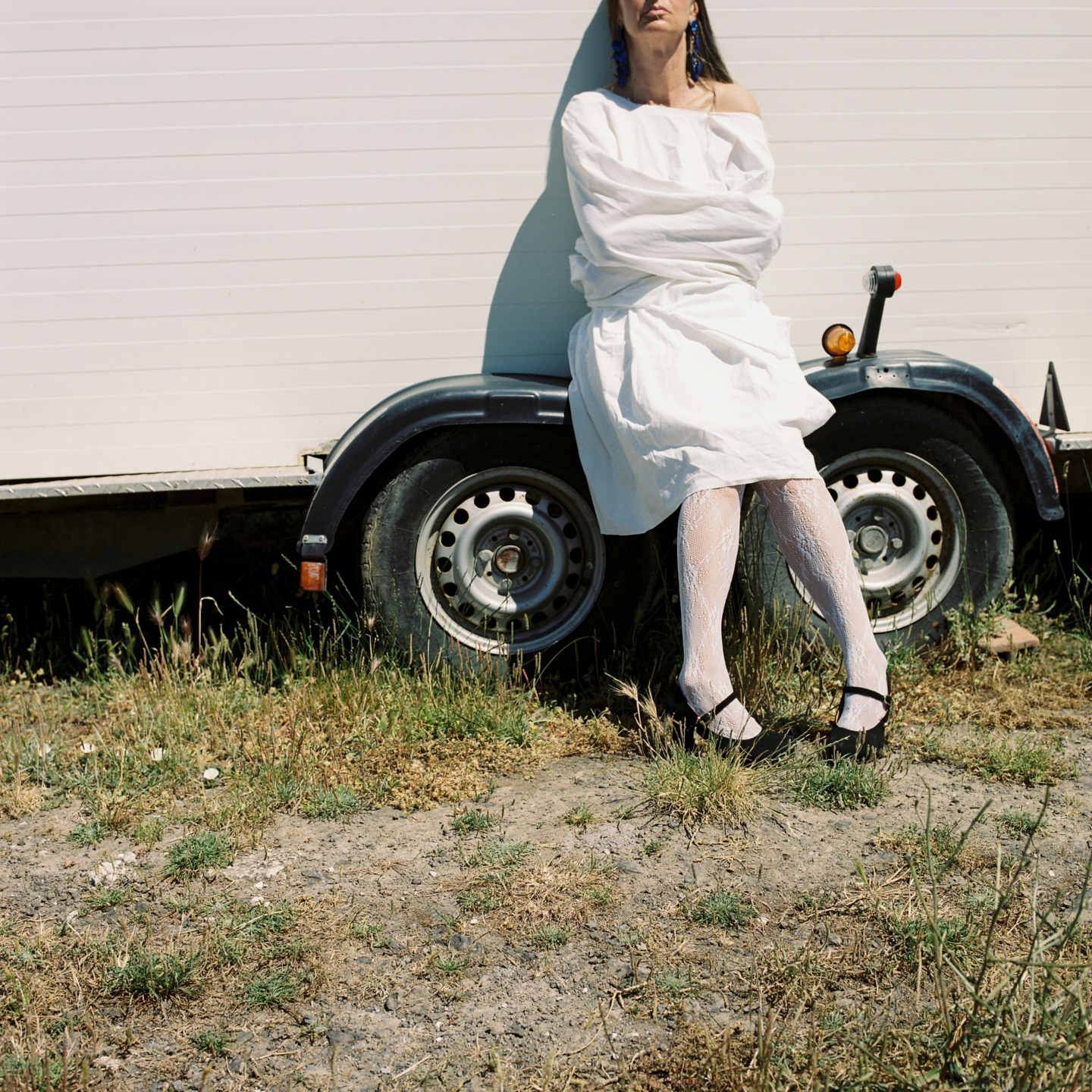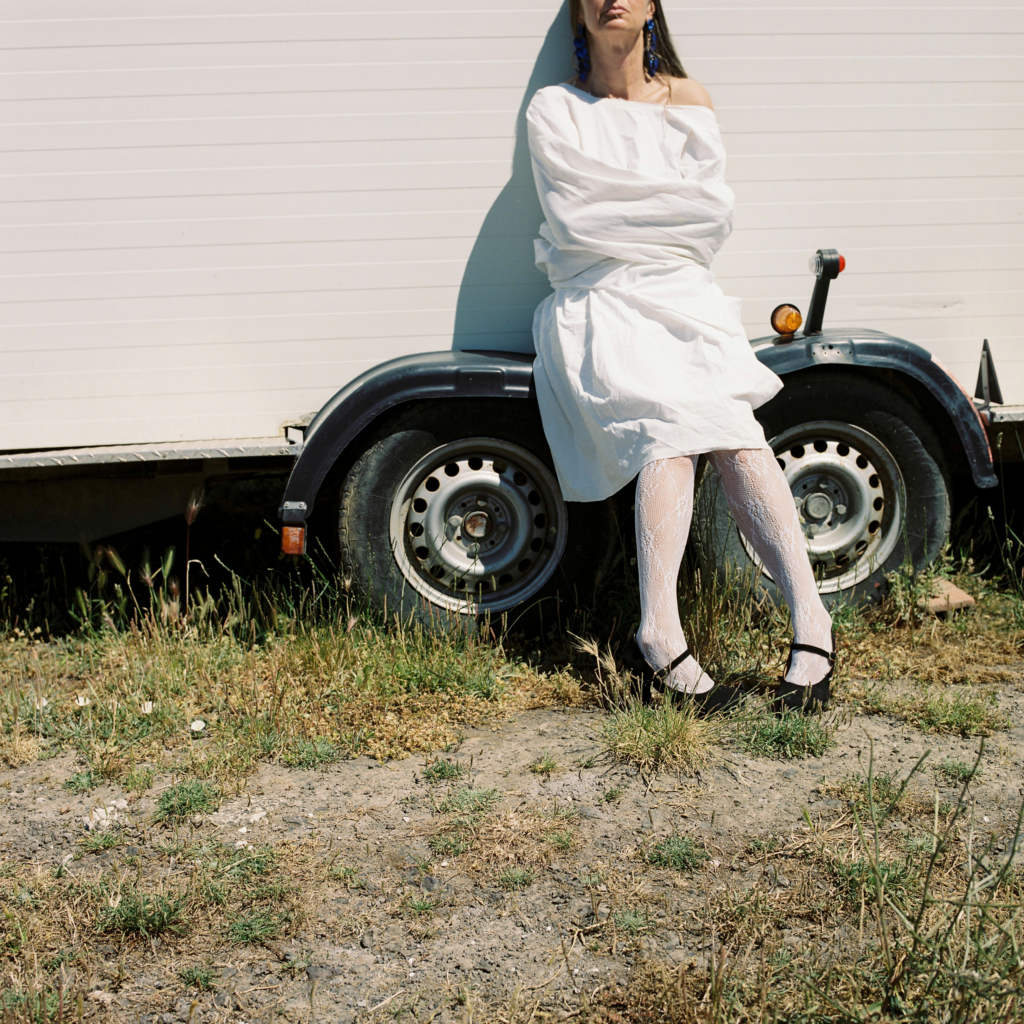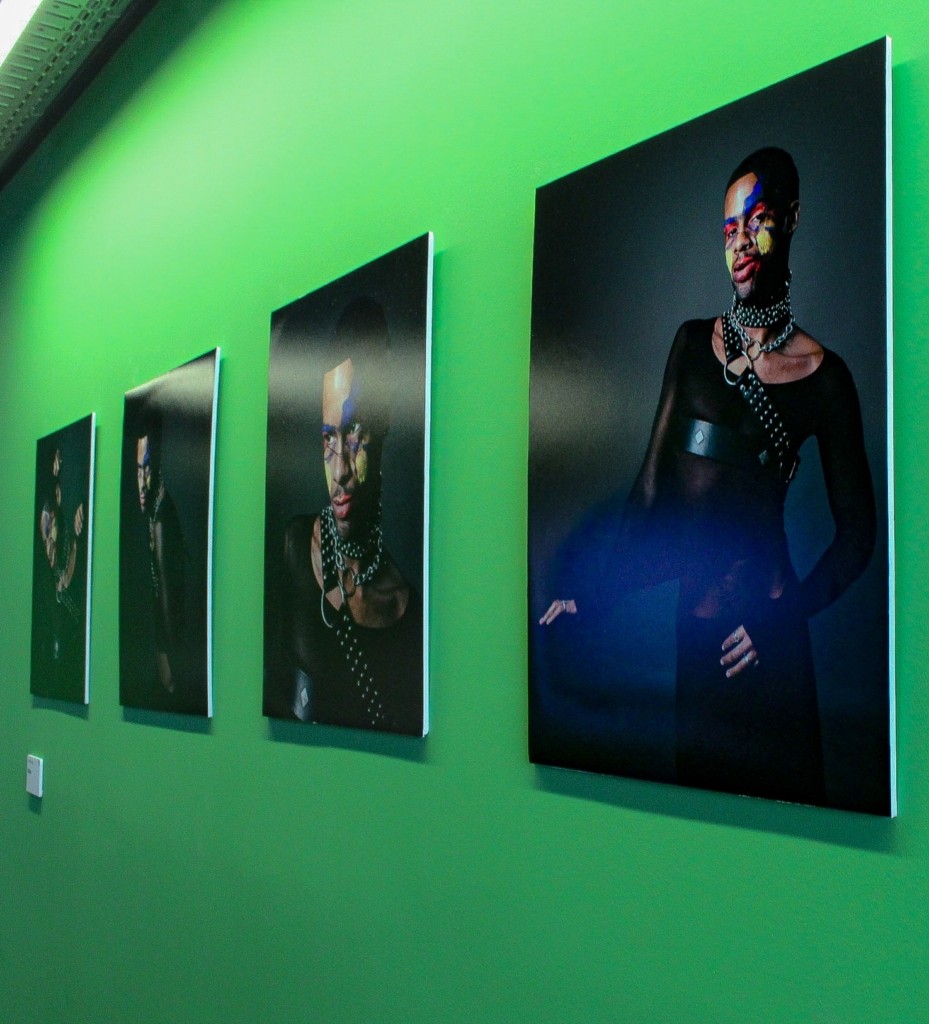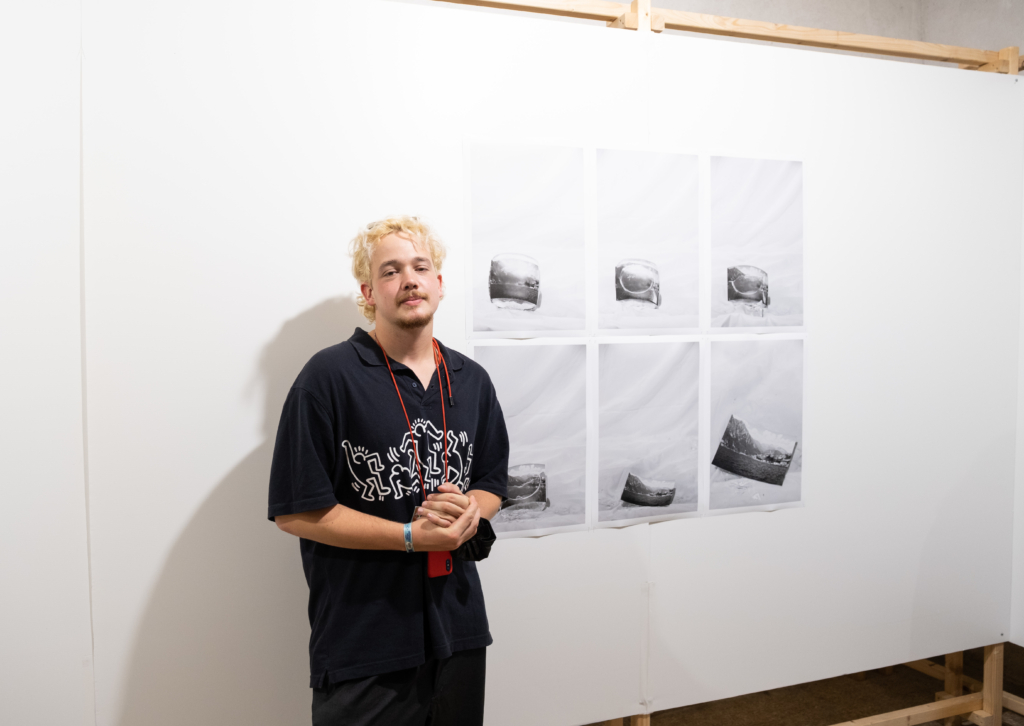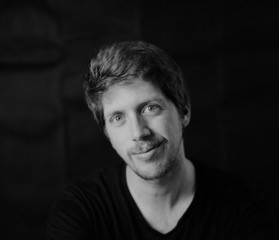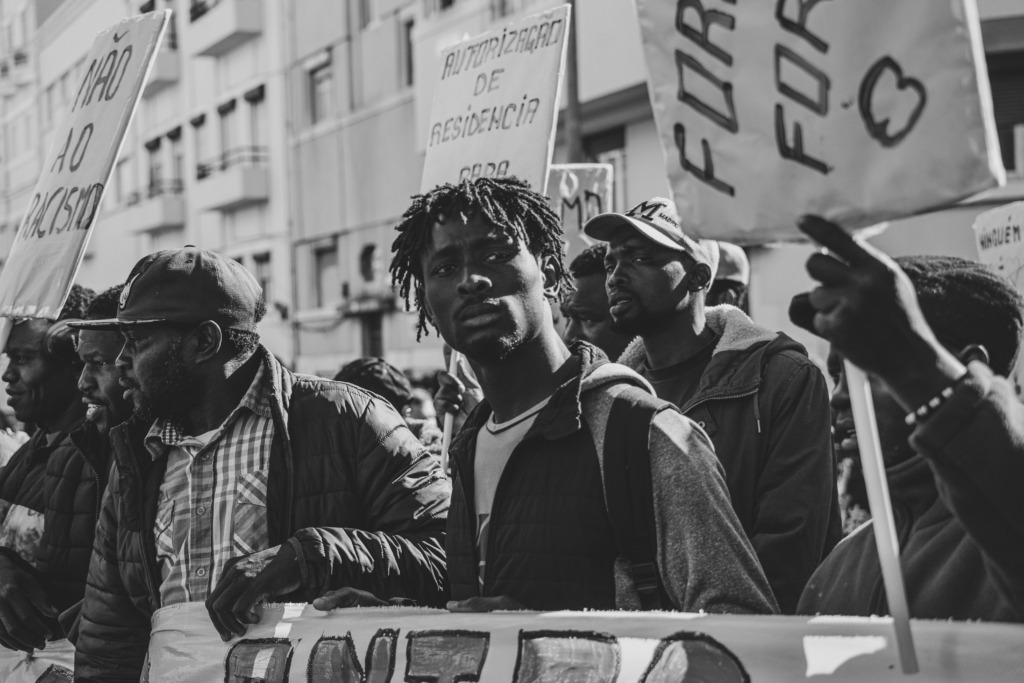OVERVIEW
It is a year of study progression for students who have finished 2 year courses in Photography area/Pearson BTEC international certification, and also for other students whose equivalence can be granted. Certified competence in the English language is required.
The course offers an effective combination of research, critical analysis, design and professional practice, and allows the improvement and knowledge of methodologies necessary for an international career.
Through hands-on learning and industry-focused training, students gain the preparation needed to succeed globally. The school offers a creative environment with strong connections to the professional world, fostering close collaboration between students, teachers and industry experts. Real briefings, professional partnerships, and participation in events and festivals provide practical experience and valuable networking opportunities.
PROGRAMME
Requirements: 240 CATS and English Level B2
Students from other schools whose equivalence can be granted can also enter and attend this 3rd year.
This module encourages you to confirm your individual positions as practitioners working within the diverse field of contemporary photographic practice. Emphasis on independent and critical thinking, decision making and awareness of emerging professional networks will be integral to the successful completion of a portfolio of industry standard exhibition prints and self-published photographic research journal.
The Final Major Project (FMP) provides students with the opportunity to develop their practice following the outcomes of Contemporary Photographic Practice. Students are expected to demonstrate the ability to work independently and clearly demonstrate their understanding of professional context through their practice. Students will be required to critically engage with their subject, articulating their ideas through a major body of work that will be presented and celebrated in a public Degree Exhibition.
On the course you have acquired a great many skills, many of which will be directly linked to your practice whilst others will be of a transferable nature, those that could be applied to a wide range of creative occupations. And so, on this module you will explore your chosen industry to research and analyse opportunities where these skills could be best used to secure a position, to begin a career in the creative sector.
CERTIFICATION
Solent University recognises the 3rd year of ETIC training and grants an equivalence corresponding to the 3rd year in the British educational system (Level 6 – 120 CATS*).
Certification obtained at ETIC is awarded by the British education system, and ETIC is not a higher education institution.
*CATS: Credit Accreditation Transfer System
TEACHERS
Tiago Casanova
Module Leader
Tiago Casanova
Tiago Casanova studied Architecture at Faculdade de Arquitetura da Universidade do Porto, where he was one of the founders of Scopio – International Photography Magazine in 2010. He was also one of the founders of the XYZ Books Publishing house and Bookshop in 2013, A ILHA (Gallery and Art Space) in 2014, and Estúdio Bulhufas in 2017.
Has been exhibiting his work regularly in solo and group shows since 2006. Besides the work he produces in the context of his artistic investigation and practice, he also develops a professional career as an editor, book-maker, curator and exhibition designer.
In 2012, he was the recipient of the BES Revelação Photography Award and of an Honorable Mention at Novos Talentos Fnac Fotografia. In 2014, his work was mentioned for the best work selection at Plat(t)form – Fotomuseum Winterthur, and in 2015 he won the Jury Award at Festival A3 Bandas in Madrid.
Pauliana Pimentel
Module Leader
Pauliana Pimentel
Pauliana Valente Pimentel was born in Lisbon in 1975, the city where she still lives but she is working all around the world. As an artist and a freelance photographer she has been producing photo reportages since 1999 for various Portuguese and foreign magazines and newspapers.
In 2005 she took part in the photography course of the Gulbenkian Creativity and Artistic Creation Program. She was member of the [Kameraphoto] collective from 2006 until its extinction in 2014, and a founding member of the “N’WE” collective in 2016. Besides her participation in collectively authored books, she produced her own first book ‘VOL I’ in 2009, published by Pierre Von Kleist and ‘ Caucase, Souvenirs de Voyage’ in 2011 by Gulbenkian Foundation. Filmography: “Diz-se que Portugal é um bom país para se viver”, 40 min, Portugal 2011; “Jovens de Atenas / Youth of Athens”, 13 min. Athens, Greece, 2012; “Entre Nous”, 51 min. Portugal, France, 2014.
In 2015 she won the prize for the best photographic work of the year by the Portuguese Author Society and in 2016 she was nominee for the Novo Banco prize, the most important prize in Portugal for contemporary photography.
She did already several exhibitions in Europe – Portugal, Spain, Italy, England, Germany, Greece, but also outside such as EUA, Turkey, China and Africa (Morocco, and Cape Vert). She was represented for five years by Galeria 3+1 Arte Contemporanea in Chiado and nowadays she is represented by Galeria das Salgadeiras, in Lisbon. Part of her work belongs to private and institutional collections.
CAREER PATHS
Possibilities of jobs include work in commercial, editorial, fashion, portrait, documentary, photojournalism, landscape and fine art photography. Students may also enter related fields, including post-production, museum and galleries, book and journal publication, picture editing.
CONNECTION TO BRANDS, ATELIERS AND OTHER COMPANIES
ETIC is known for its creative environment, for its relationship with creative industry. The teachers on this course have professional backgrounds and are active in the industry, which allows the student to create a network of contacts, access to real briefings and professional opportunities.
ERASMUS+ & INTERNSHIPS
At the end of the programme, and subject to academic performance, students may apply for:
- an international internship through the Erasmus+ Programme;
- a national/international internship or job opportunities for industry placements with partner companies;
Applications are submitted through the Professional Integration Department (estagios@etic.pt).
ETIC provides a digital platform to communicate job offers and employment opportunities from partner companies.
EQUIPMENT
ETIC has top technological resources that students have access to for curricular work and personal projects. The school is your workspace, your studio, the place where you can create freely.
– Photography studios equipped with continuous light and electronic flash;
– DSLR and analogue cameras. Medium and large format equipment;
– Analogue and digital laboratory;
– Large format printing and scanning equipment;
– Video and Multimedia Studio, cyclorama and virtual scenery and motion capture system;
– Rooms equipped with individual workstations, iMac and PC.
APPLICATION
The programme is delivered in English. English entry level: B2*
Requirements
- A Pearson BTEC Higher National Diploma, Level 5
- English Test*
- Online Portfolio or Showreel + CV
- Motivation letter
- Recommendation letter
- Interview with the course leader
All these documents should be delivered in English.
*English test can be completed remotely, on the date and time chosen by the candidate.
Choose one of the following:
•IELTS 6.0 (minimum score of 6 in the overall score and writing and 5,5 in Reading, Listening and Speaking)
•TOEFL IBT (minimum score of 80, 20 in each component)
•DUOLINGO (minimum of 115 overall with a minimum of 95 in each component)
*According to CEFR Levels.
How to start the application?
– Please fill in the form by clicking the APPLY button
– Deadline: August 31st
TUITION FEES

There are several financing programs in different banking institutions: Caixa Geral de Depósitos, Santander, Banco CTT, BPI, among others.
TERMS AND CONDITIONS
The opening of each course/class/schedule is subject to a minimum number of registrations. Registration at the desired time is limited to the number of places available.
Teaching is face-to-face and project based. The course program includes classes without a teacher to develop autonomous exercises and design practices. Autonomous or project work is important for the student’s progress in their learning. Teachers can request the development of work outside the established class hours. Classes may occasionally be scheduled outside of established times, for example to respond to projects that require this flexibility, to meet project-specific equipment needs, to respond to exercises carried out in a real context with partners, or for any other reason that supports the better achievement of the program.
Specific technical classes and/or workshops can take place on Saturdays.
The duration of each class may vary depending on its theoretical or practical nature.
The class can be divided into groups for better learning and intensification of the development of projects and subjects.
The curriculum and the list of course teachers may be changed for reasons of pedagogical suitability or for reasons of force majeure.
For more information contact us.
